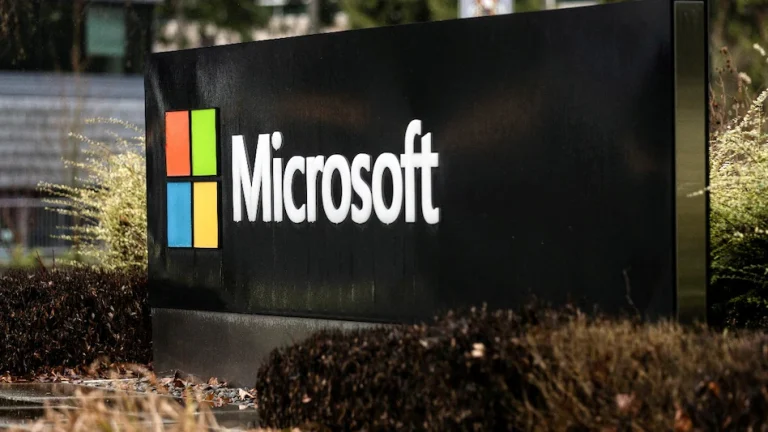Britain’s competition watchdog didn’t shout. It didn’t need to. By designating Google a “tech gatekeeper” under the country’s new digital markets law, the regulator essentially recast Search—and the ads that ride on top of it—as critical infrastructure that must play fair, explain itself, and yield space at the edges. The label may sound bureaucratic; the implications aren’t. It hands the regulator a scalpel to rewrite defaults, force interoperability, and pry open black‑box ad pipes without waiting years for a court to catch up.
What the designation actually unlocks
- Bespoke conduct rules: Instead of one generic code for all platforms, the UK can tailor obligations to Google’s “digital activity” in general search and search ads—no self‑preferencing, no tying, no dark‑pattern lock‑ins posing as user choice. The rules can also demand data separation where cross‑use creates unfair advantage, and transparency where black boxes have become business models.
- Faster, teeth‑bearing enforcement: This is not a “write a stern letter and see you in 2028” regime. The authority can consult, set obligations, and fine—using percentages of global turnover—on a cadence measured in months. It can require audits, impose choice screens, and insist on fair ranking principles with real‑world, testable outcomes.
- AI search in scope (mostly): Generative features like AI Overviews and other AI‑inflected results are pulled under the tent, even as the regulator keeps an eye on assistant products separately. In practice, that means publishers and rival services can challenge how their content is ingested or displaced by AI layers, and the watchdog can force consent, attribution, or opt‑out mechanics that aren’t theater.
Where users and rivals might feel it first
- Choice becomes a journey, not a pop‑up: Expect cleaner setup flows on Android and Chrome in the UK—search and browser choice screens that aren’t buried, with switching that sticks. The goal isn’t to punish familiarity; it’s to stop “set once, forever” defaults from doing the quiet work of entrenchment.
- Rankings with rules: “Fair ranking” won’t turn results into a committee meeting, but it can require auditable principles, clearer treatment of vertical search, and caps on house ads that push competitors below the fold. Complaints move from blog posts to binding processes.
- Ad tech daylight: On the pipes that match buyers to attention, separation and transparency obligations can force better logs, clearer auctions, and conflict controls where one hand sells and the other places. Publishers gain leverage when they can finally see the receipts.
How this diverges from Brussels—and why that matters
The EU’s Digital Markets Act draws broad lines; the UK’s regime aims for tailored remedies per activity. That flexibility can cut faster and closer to the conduct at issue, but it also raises the bar for precision. Done well, it means fewer symbolic compliance theatrics and more changes users notice—like switching that doesn’t boomerang and ranking tweaks that outlive a press cycle.
What Google will say (and what regulators will test)
Google will argue that heavy‑handed rules chill product velocity, especially in an AI arms race, and that UK users have benefited from early access to features. The regulator will test that claim against three questions: does this intervention genuinely boost competition, are consumers better off in practice, and can innovation continue with guardrails? The point isn’t to slow Search; it’s to stop the parts of dominance that quietly tax everyone else.
What smart actors do on Monday
- Publishers and creators: Prepare concrete asks—consent and control for AI training and display, data portability, and appeal routes for ranking shocks—with metrics attached. “Fairness” works best when it’s measurable.
- App makers and OEMs: Rework onboarding and billing for a world where steering and alternative payments are possible, then push for term sheets that reflect the new leverage.
- Advertisers and agencies: Insist on log‑level access and auction integrity checks. If the pipes must be transparent, be ready to use the view.
- Investors: Model margin impact from conduct codes but also the distribution upside for challengers. Gatekeeper regimes rarely crater incumbents; they raise the floor for everyone else.
The day of felt more administrative than dramatic: drizzle on Victoria Street, a neat press note, a practiced response about innovation and growth. But the center of gravity shifted. When a country calls a company a gatekeeper, it isn’t swearing at bigness; it’s asserting responsibility. The next twelve months will be the story of how to make that responsibility legible—on setup screens, in ad logs, inside ranking guides. Less spectacle, more settings. And for once, users won’t have to guess where the switch is.







